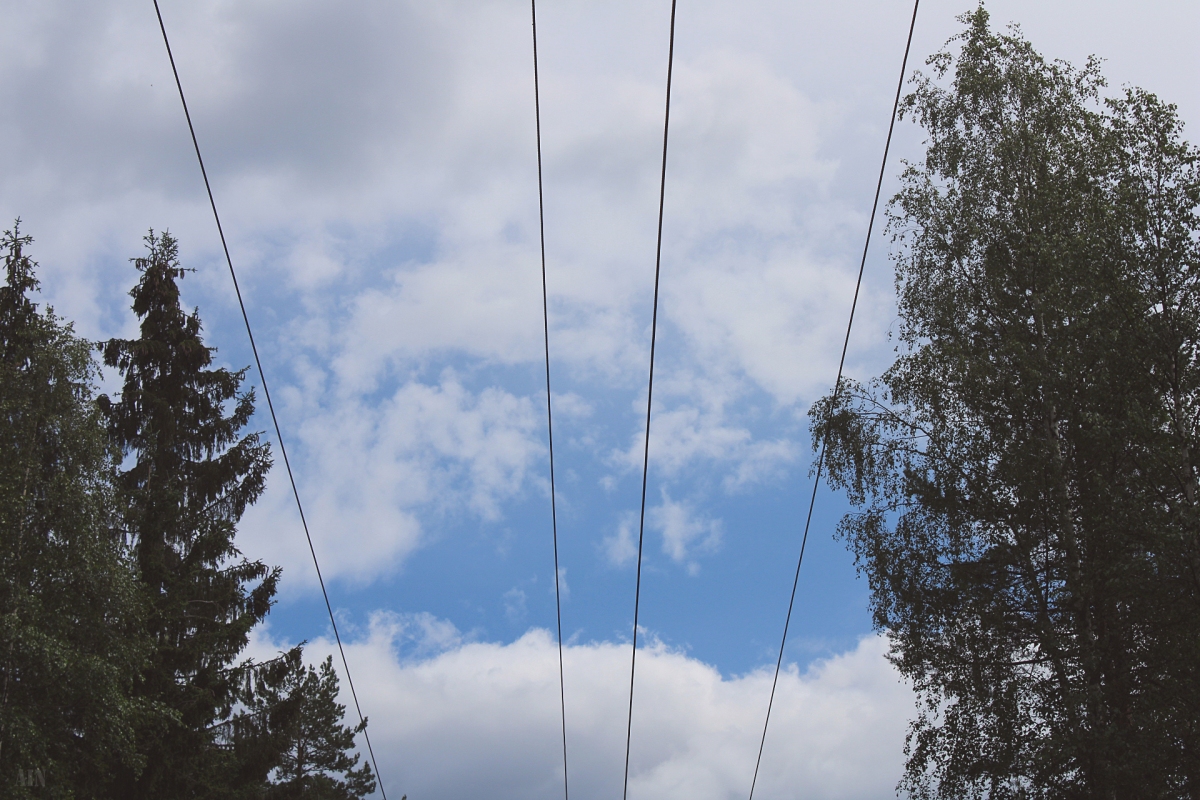As I own a small book full of Rudolf Nilsen’s poems, I decided to deliberately translate them. Mostly for fun, and also for others, if you’re into poems. Here’s my last translations: Two poems by Rudolf Nilsen., Rudolf Nilsen’s “På stengrunn”., Rudolf Nilsen – a proletarian poet.
Jeg hadde tenkt –
Jeg hadde sett deg lenge, der du kom
for alltid vet jeg det, når du er nær –
og hadde tenkt å hilse lett og koldt,
fordi jeg ennu har deg altfor kjær.
Slik ville jeg forsvare meg med kulde
og også verge deg på samme vis,
så alle våre nye drømme skulle
som sene blomster visne inn i is.
Jeg hadde tenkt . . . Men da du stanset
med dette hemmelige gode blikk
og dette fjerne smil, jeg vet så meget om –
da skjønte jeg at planen ikke gikk.
Jeg tok din hånd og følte fra dens flate
et varsomt strøk, det lille kjærtegn, vi
bestandig brukte i en folksom gate
dengang da ennu intet var forbi.
*** translation ***
I had been thinking –
I had seen you long before, there where you came
because I always know that, when you are near –
and had been thinking to greet you flat and cold,
because for me you’re still a dear.
That way I wanted to defend myself with cold
and to protect you in the same manner,
so all our new dreams would
like late flowers in ice wither.
I had been thinking . . . But then you stopped
with this mysteriously good glance
and this distant smile, I know so much about –
then I realized that the plan didn’t stand a chance.
I took your hand and felt from its surface
a careful stroke, this little endearment, we
ceaselessly used in a crowded street
that time when nothing was over yet.

På stranden
Barnet springer på stranden
og plukker kulørte stener
og vraker en sten for en annen,
fordi det oppriktig mener
at den det fant sist er den peneste
og glatteste og reneste!
Gamlingen rusler på stranden
så kroket av oldingplager.
Han stanser ved barnet i sanden
og tenker på livets dager,
og tenker som så, at hver eneste
engang har vært den peneste.
*** translation ***
On the beach
The child sprints on the beach
and collects colored stones
and one stone for another ditch-
es because it fondly means
that the one it found last is the pretties
and the smoothest and the cleanest!
The old man loiters on the beach
so wry from all the old man’s torments.
He stops by the kid in the sand
and thinks about life’s days,
and thinks so, that every one of them
at a time, have been the prettiest.
***
Thank you so much for reading and see you on Sunday! I’m trying to get back to my writing schedule but will see how it goes. Anyway, have a nice rest of the week!


